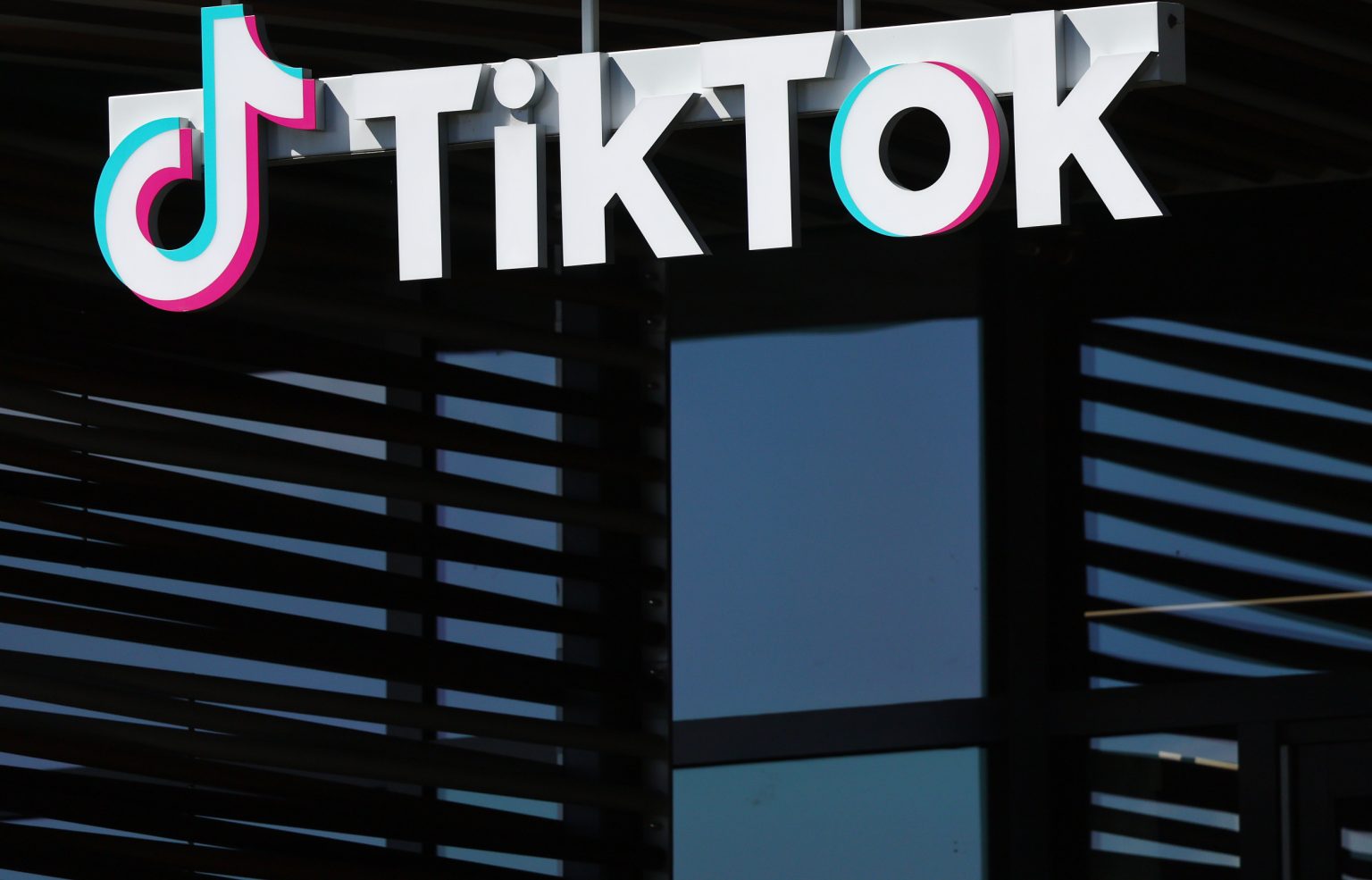Despite Congress voting to ban TikTok in the United States due to concerns about its China-based ownership by ByteDance, the social media platform may not be going anywhere just yet. The House of Representatives voted to ban TikTok if its owner does not sell its stake within a year, with the legislation now heading to the U.S. Senate. Lawmakers at both the state and federal levels have been pushing for the ban due to national security concerns, despite pushback from free speech advocates. ByteDance has denied any links to the Chinese government and claims that it does not share user information with its Beijing-based parent company.
President Joe Biden has indicated that he would sign the TikTok legislation if it reaches his desk. However, even if the legislation becomes law, TikTok would still have up to a year to find a buyer. With 170 million U.S. users, TikTok could also challenge the law in court on First Amendment grounds, potentially delaying or blocking its implementation. A TikTok spokesperson emphasized the economic impact of a ban, stating that it could devastate businesses and harm the U.S. economy, as TikTok contributes $24 billion annually.
The U.S. government has faced criticism for not addressing TikTok’s influence earlier to avoid the economic concerns associated with a potential ban. Olivia DeRamus, founder of Communia, a social network for women, highlighted the impact on creators and businesses, emphasizing that many livelihoods are at stake. House Republicans included TikTok in a larger foreign aid package after a standalone bill with a six-month selling deadline passed in March. TikTok CEO Shou Zi Chew has refuted claims that ByteDance is controlled by the Chinese Communist Party, stating that the platform is not an agent of China or any other country.
Chew emphasized that a ban on TikTok would not be a solution to any concerns related to the platform. He argued that a ban would harm American small businesses, damage the economy, silence the voices of millions of Americans, and reduce competition in a concentrated market, without effectively addressing any solvable problems. Despite the ongoing controversy surrounding TikTok, the social media platform continues to operate as discussions and debates regarding its future in the United States unfold. As Congress moves forward with legislation to potentially ban TikTok, the platform’s fate remains uncertain, with potential legal challenges and economic implications at stake.


